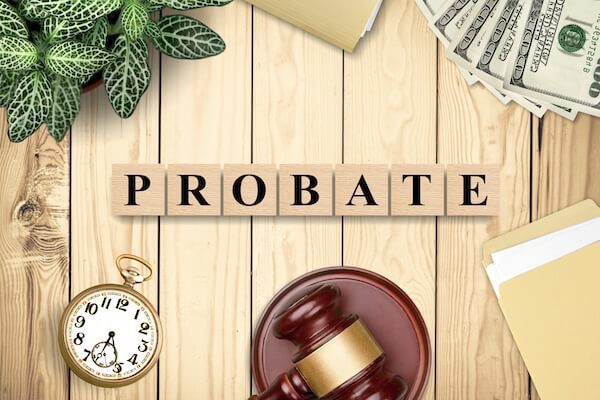Do You Need To Avoid Probate in PA

Over the years I have frequently heard clients and others argue against probate as a means to distribute property on death. Sometimes the commentary follows viewing a television program by a commentator such as Suze Orman who is a California based financial planner. Sometimes the individual has read commonly cited statements regarding differences between living trusts and wills with the strong preference leaning in the direction of living trusts.
One point I try to make is that there can be and usually are huge differences among states when it comes to distribution of property on death, that is, for instance, California is not Pennsylvania, and, further, what works for one person in one situation does not necessarily assist another under entirely different circumstances.
Revocable living trusts, jointly titled property and payable on death (POD) and transfer on death (TOD) accounts have all been considered as means to avoid what one commentator I read called “the nightmare of probate.” Still the question remains is probate in Pennsylvania such a terrible alternative generally speaking? I would submit it is not more difficult for most estates and even extreme measures to try to avoid it sometimes result in awkward and unexpected results. The right tool is needed for the right situation whether it is by transfer of property by Will (probate) or by Trust and often probate in Pennsylvania works just fine, notwithstanding alleged horror stories many of which originate in other states. That does not mean there are not some stumbling blocks in settling estates. It means those obstacles can appear whether there is a Will or Living Trust or other means of distribution. Here is some background and are some considerations to take into account.
- Avoiding probate is not the same as avoiding taxes. Probate means presenting the Will to the Register of Wills of the County of residence of the decedent and having it recorded along with a Petition for Probate and Estate Information Form. There is a filing fee which is typically a few hundred dollars based on the size of the estate. The filing fee is not a tax. If there is no Will for filing, that is, there is no probate, but there are assets of the decedent as with a Living Trust or with POD/TOD or jointly held assets there is another category known as “Inheritance Tax Only” with a small filing fee. Notably, if the only beneficiary is the spouse of the decedent, both where there is a Will and where there is non-probate property (Living Trust, etc.) there is no Pa. Inheritance Tax (0%) and we typically do not even need to file in either case unless there is property that was titled only in the name of the deceased and the surviving spouse cannot otherwise get access to it. One other exception can occur where there is federal estate tax planning in some older documents which honestly is no longer needed for almost anyone.
For children, siblings, and all other individuals other than the spouse whether property is inherited by Will (probate) or by Living Trust or POD/TOD or jointly titled, Pa. Inheritance Tax is due regardless and the payment is made at the Register of Wills office. - A Living Trust In Pennsylvania Does Not Necessarily Guarantee Privacy. Following up on prior statements, a Revocable Living Trust in Pennsylvania does not guarantee that no one can learn the size of your estate or beneficiaries. The Pennsylvania Inheritance Tax Return is a matter of public record and contains certain information regarding assets. In order to calculate the tax it is necessary to indicate the relationships of beneficiaries to determine whether the tax due is at the rate of children (4.5%), siblings (12%) or others (15%). If the concern regarding privacy relates to dissatisfied unnamed parties being unhappy and successfully challenging a Will I can say that, although unnamed individuals may be unhappy, my experience is that successful Will challenges are rare.
- Settling an Estate – Whether By Probate or Living Trust – Involves Some Time. In my experience the greatest time killers in resolving estates, whether probate or living trust or other are (a) disagreement among parties or other technical delays (b) sale of real estate or other property although real estate at this time is selling more rapidly (c) need for approval of the Inheritance Tax Return from the Department of Revenue. Even in pre-COVID times this took an average of six months.
About the Author Janet Colliton
Esquire, Colliton Law Associates, P.C. Janet Colliton has practiced law for over 38 years, 37 of them in Chester County, Pennsylvania, a suburb of Philadelphia. Her practice, Colliton Law Associates, PC, is limited to elder law, Medicaid, including advice, applications and appeals, and other benefits planning including Veterans benefits, life care and special needs planning, guardianships, retirement, and estate planning and administration.
